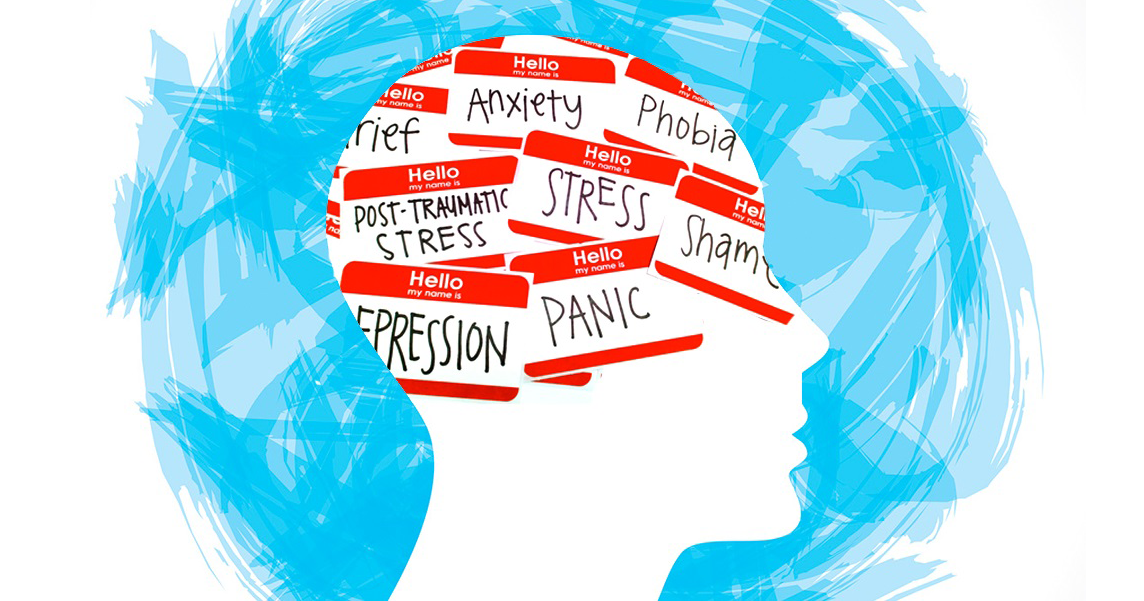Mental health and mental wellbeing are terms often used interchangeably, but they actually have distinct meanings. Understanding these differences is crucial for promoting overall wellness and for seeking appropriate support when needed.
Mental Health
Mental health refers to a person’s psychological and emotional well-being. It encompasses the presence or absence of mental disorders, such as anxiety, depression, bipolar disorder, and schizophrenia. Mental health reflects the state of one’s mind and the ability to cope with the normal stresses of life.
It’s important to note that mental health is not simply the absence of mental illness, but rather a state of emotional and psychological well-being. It involves how individuals feel, think, act, and handle stress. Mental health is dynamic and can change over time, influenced by various factors such as genetics, environment, and life experiences.

Credit: www.linkedin.com
Mental Wellbeing
Mental wellbeing, on the other hand, goes beyond the absence of mental illness. It encompasses overall life satisfaction, the ability to cope with stress, a sense of purpose, and the ability to form positive relationships. Mental wellbeing is about feeling good and functioning well.
Unlike mental health, mental wellbeing is more focused on the positive aspects of mental state rather than the absence of issues. It involves feeling good about life and being able to contribute to the community. Mental wellbeing is often linked to feelings of happiness, fulfillment, and a sense of meaning in life.
Key Differences
While mental health and mental wellbeing are closely related, there are key differences between the two. The table below summarizes these differences:
| Aspect | Mental Health | Mental Wellbeing |
|---|---|---|
| Focus | The absence of mental illness and the presence of psychological well-being | Positive aspects of mental state, including life satisfaction, coping abilities, and relationships |
| Emphasis | Prevention, diagnosis, and treatment of mental disorders | Enhancing overall life satisfaction and functioning |
| Attainment | Achieved through managing mental disorders and seeking professional help if needed | Promoted through self-care, resilience-building, and social support |

Credit: www.facebook.com
Why It Matters
Understanding the difference between mental health and mental wellbeing is essential for both individuals and society as a whole. It influences how mental health is approached, addressed, and supported in various settings, including healthcare, education, and the workplace.
Recognizing these distinctions can aid in creating comprehensive and effective interventions that promote mental wellness. By focusing on both mental health and mental wellbeing, individuals can strive for a balanced and fulfilling life, while also addressing any mental health challenges they may face.
Conclusion
While mental health and mental wellbeing are related, they represent different aspects of an individual’s overall mental state. Understanding these differences is essential for promoting comprehensive mental wellness, addressing mental health issues, and leading a fulfilling life.






